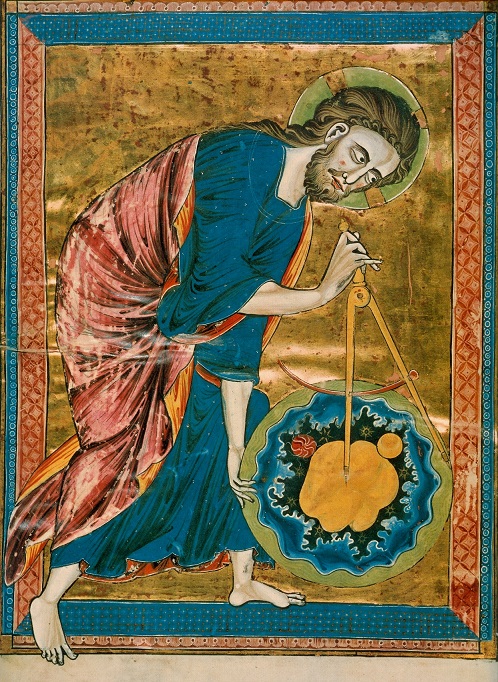Forum on Literature and the Arts - The Will to Believe: Freedom of Thought in Late Medieval Philosophy and Literature
Forum on Literature and the Arts
 2017 Series: Belief
2017 Series: Belief
Too often dismissed, bracketed, or explained away, the concept of religious belief seems to resist serious enquiry. Yet writers of the later Middle Ages produced stunning analyses of belief that distinguished it from mere opinion, and from other kinds of understanding. In this series, we will turn a close eye toward the nature and psychology of belief, asking what thoughts and feelings it might enable, provoke, or shut down; its relationship to spiritual practice and ecclesiastical censure; and the role of faith in the production of scientific knowledge, literature, and histories of modernity.
'The Will to Believe: Freedom of Thought in Late Medieval Philosophy and Literature'
Religious disbelief and demotivation had serious consequences for a person’s wellbeing in the Middle Ages. But is it ever possible to believe something doubtful just because you know that you ought to? This paper attempts to clarify late medieval theologian Robert Holcot’s position on what we nowadays call ‘doxastic voluntarism’ (believing at will). Three issues are central to Holcot’s discussion: (1) The extent of a person’s freedom to believe what he or she likes; (2) Whether it is ever possible for a person to believe a doubtful proposition unwillingly, coerced by others or external sources; (3) Whether it is ever necessary for a person not only to believe something, but also to feel good about it. I conclude by suggesting some ways that Holcot’s philosophical psychology can help us better appreciate how late Middle English literature might have worked to evoke religious thoughts and feelings in the apathetic and unbelieving.
Dr Chantelle Saville has recently successfully defended her thesis for the doctorate of philosophy in English at the University of Auckland. Her research interests include late medieval scholastic theories of emotion and Middle English literary practices and aesthetics. She has recently published in EMS Journal and reviews for Parergon. She is currently preparing an edition of selections from the unpublished Quodlibetal Questions of the fourteenth-century English theologian Robert Holcot.
Friday 1 September 2017
4pm-5.30pm
Boardroom (Room 601), Advanced Engineering Building (Building 49), UQ St Lucia
Image: ‘God as Geometer’. Frontispiece of Bible Moralisée. Illumination on parchment, c. 1220-1230, Österreich
